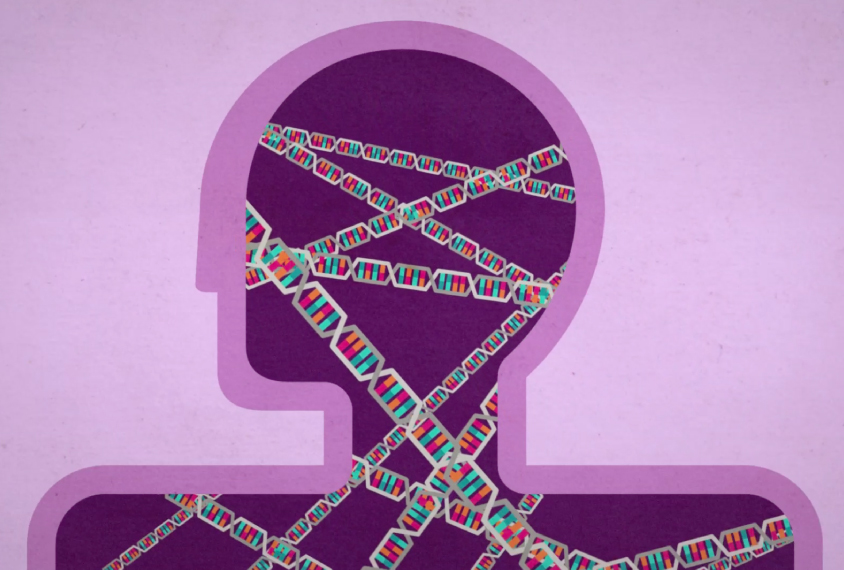Nicholette Zeliadt manages The Transmitters’s staff reporters and interns, and she commissions and edits news articles. She joined The Transmitter as news writer in 2014. Before that, she was a freelance writer and editor. Her work has appeared in The New York Times, Scientific American, Nature Medicine, Science and The Scientist.

Nicholette Zeliadt
Managing editor
The Transmitter
From this contributor

Leaving lasting marks with Tessa Montague

Spotted around the web: INSAR; cerebellar gene expression; pangenome
Spotted around the web: Mapping histones; COVID-19 births; acetaminophen lawsuits

New diagnostic code for PTEN syndrome may spur research
Education
- Ph.D. in environmental health, University of Minnesota
- B.A. in biochemistry, University of Iowa
Fellowships
- AAAS Mass Media Fellowship
Explore more from The Transmitter
How insights from network theory can boost interdisciplinary efforts
Communication on one interdisciplinary research team improved after the researchers turned an analysis technique used to study the brain on themselves and identified the roles people played in lab meetings.
How insights from network theory can boost interdisciplinary efforts
Communication on one interdisciplinary research team improved after the researchers turned an analysis technique used to study the brain on themselves and identified the roles people played in lab meetings.
Frameshift: Raphe Bernier followed his heart out of academia, then made his way back again
After a clinical research career, an interlude at Apple and four months in early retirement, Raphe Bernier found joy in teaching.

Frameshift: Raphe Bernier followed his heart out of academia, then made his way back again
After a clinical research career, an interlude at Apple and four months in early retirement, Raphe Bernier found joy in teaching.
Organoid study reveals shared brain pathways across autism-linked variants
The genetic variants initially affect brain development in unique ways, but over time they converge on common molecular pathways.

Organoid study reveals shared brain pathways across autism-linked variants
The genetic variants initially affect brain development in unique ways, but over time they converge on common molecular pathways.
